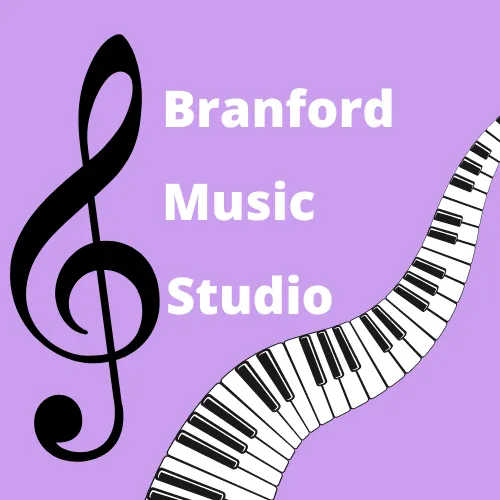Services > Music Theory
Music Theory
In-person music theory classes for beginners in Branford cover a wide range of topics including notation, scales, chords, key signatures, and rhythm. Through hands-on exercises and interactive lessons, students will learn the skills needed to read and understand sheet music, compose their own music, and develop their ear for music. These classes are suitable for students of all ages and skill levels, whether they are just starting out or looking to refresh their knowledge.
Additionally, the in-person format of the class allows for direct interaction with the instructor and classmates, providing a supportive and collaborative learning environment.
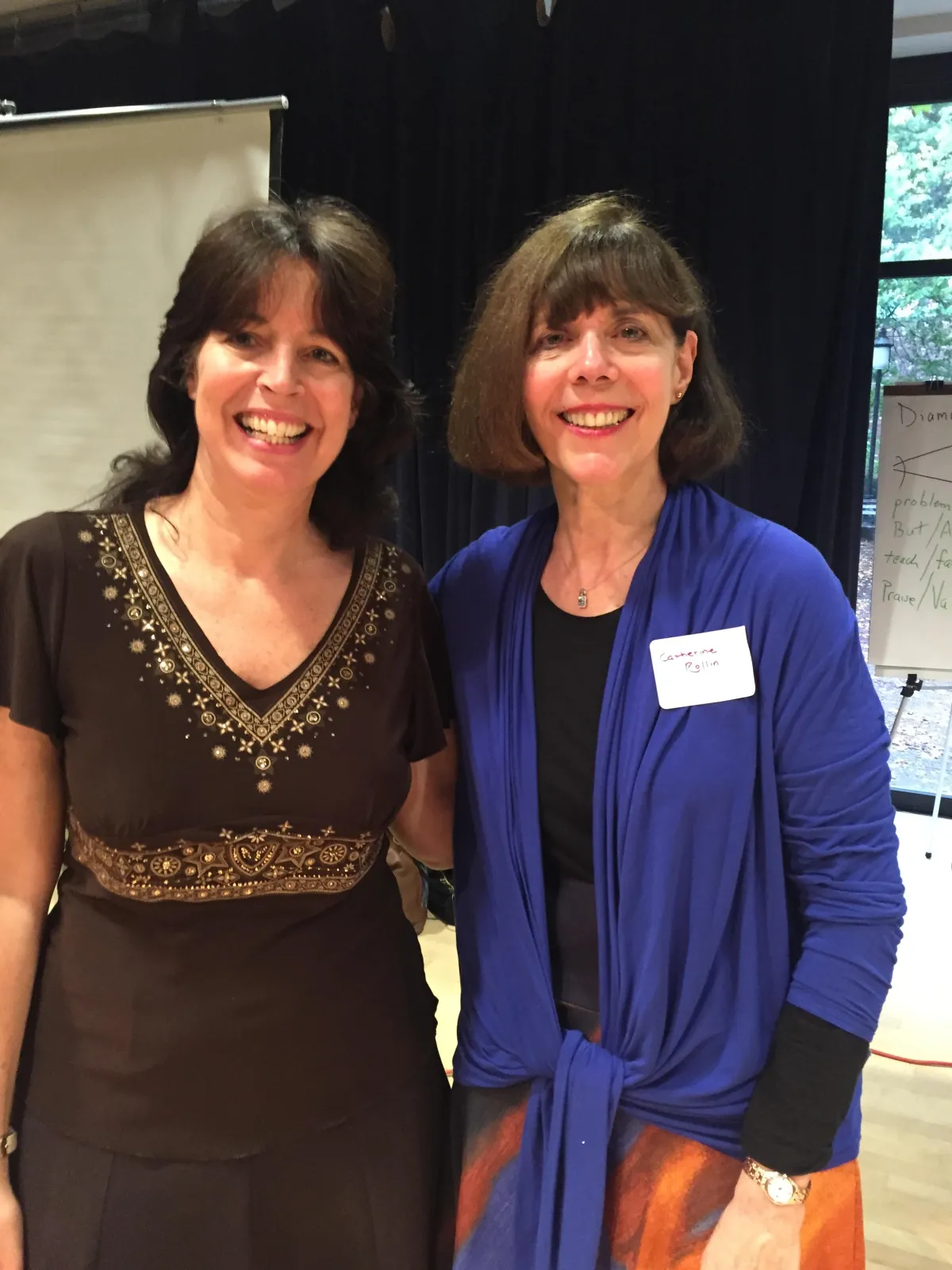
Why Choose Our Music Theory for Beginners
Music theory is a crucial aspect of music education that provides a deeper understanding of the underlying principles of music. It is the study of how music works and how it is constructed. By studying music theory, you will gain a better understanding of the structure of music and how it can be used to create different emotions and effects. This knowledge is essential for any musician, whether you're a beginner or an advanced player.
One of the main benefits of studying music theory is that it can help you become a more well-rounded musician. It will give you the tools to analyze, understand, and create music. This can help you improve your performance skills, whether you're playing an instrument or singing. Additionally, music theory can also help you to compose your own music and develop your own unique style.
Another benefit of music theory is that it can help you to communicate better with other musicians. Understanding the language of music can help you to understand the instructions of a conductor or to collaborate with other musicians more effectively. Furthermore, music theory can also help you to understand the historical context of the music you're playing, which can give you a deeper appreciation of the music.
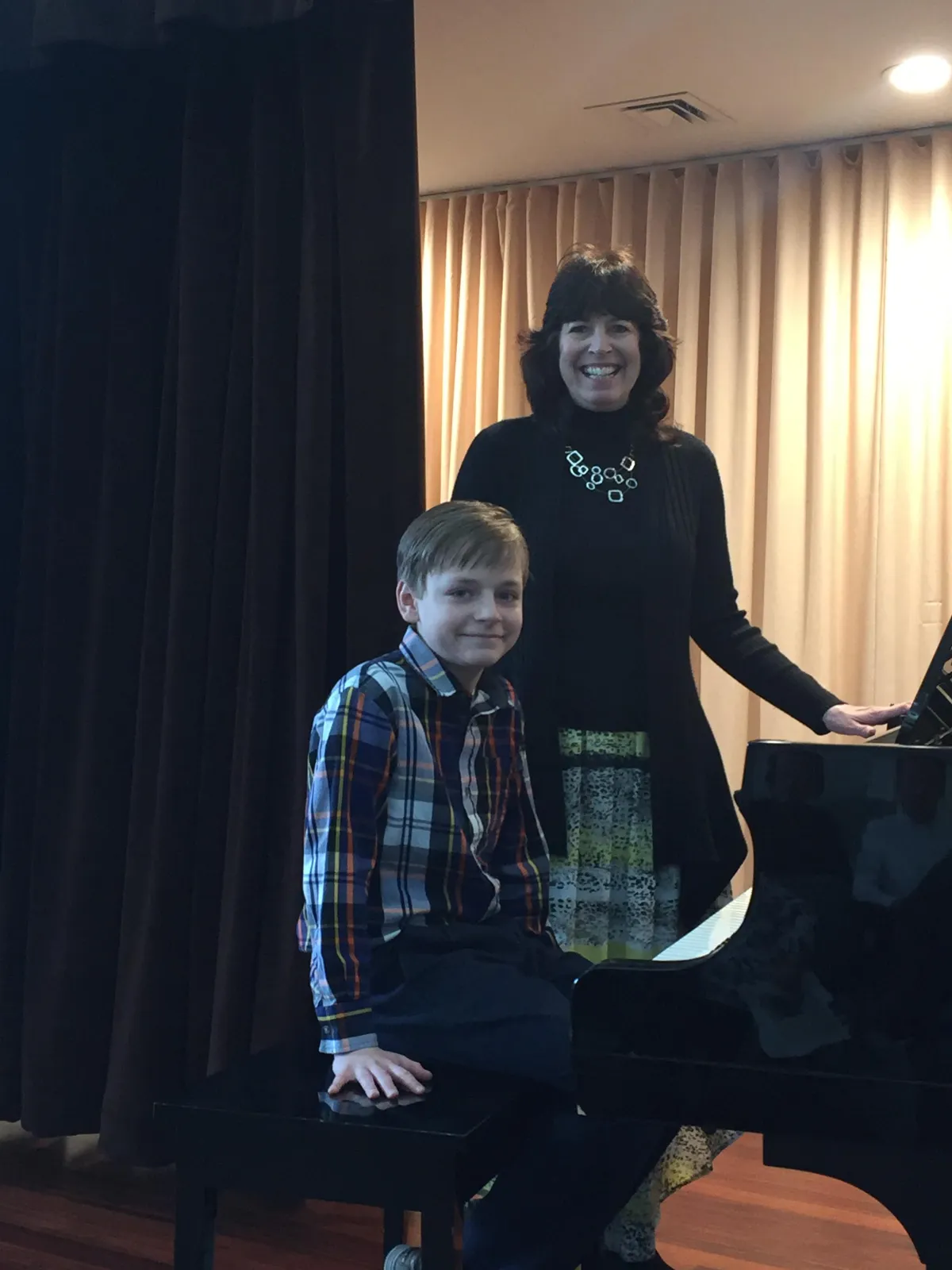
Cost of Music Theory
At Branford Music Studio, we are committed to making piano lessons accessible to all students regardless of age. We believe that everyone should have the opportunity to study music, that's why we offer competitive pricing on our instruction. Our flexible scheduling options also allow students to learn at their own pace and budget. We want to ensure that financial constraints do not prevent anyone from reaching their musical aspirations.
Our studio is dedicated to fostering a positive and encouraging learning atmosphere, where students can feel at ease and self-assured as they learn to play the piano. Get in touch with us today to find out more about our rates and scheduling options.
Services > Music Theory
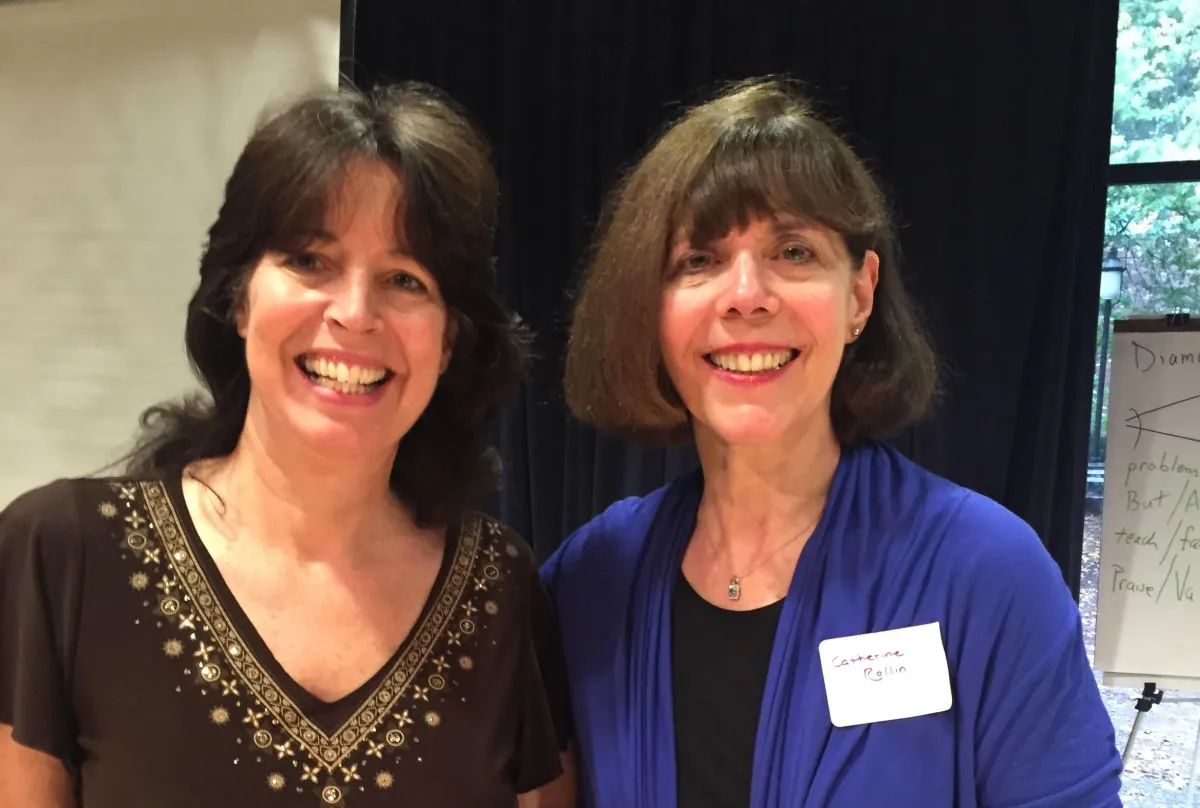
Music Theory
In-person music theory classes for beginners in Branford cover a wide range of topics including notation, scales, chords, key signatures, and rhythm. Through hands-on exercises and interactive lessons, students will learn the skills needed to read and understand sheet music, compose their own music, and develop their ear for music. These classes are suitable for students of all ages and skill levels, whether they are just starting out or looking to refresh their knowledge.
Additionally, the in-person format of the class allows for direct interaction with the instructor and classmates, providing a supportive and collaborative learning environment.
Why Choose Our Music Theory for Beginners
Music theory is a crucial aspect of music education that provides a deeper understanding of the underlying principles of music. It is the study of how music works and how it is constructed. By studying music theory, you will gain a better understanding of the structure of music and how it can be used to create different emotions and effects. This knowledge is essential for any musician, whether you're a beginner or an advanced player.
One of the main benefits of studying music theory is that it can help you become a more well-rounded musician. It will give you the tools to analyze, understand, and create music. This can help you improve your performance skills, whether you're playing an instrument or singing. Additionally, music theory can also help you to compose your own music and develop your own unique style.
Another benefit of music theory is that it can help you to communicate better with other musicians. Understanding the language of music can help you to understand the instructions of a conductor or to collaborate with other musicians more effectively. Furthermore, music theory can also help you to understand the historical context of the music you're playing, which can give you a deeper appreciation of the music.
Cost of Music Theory
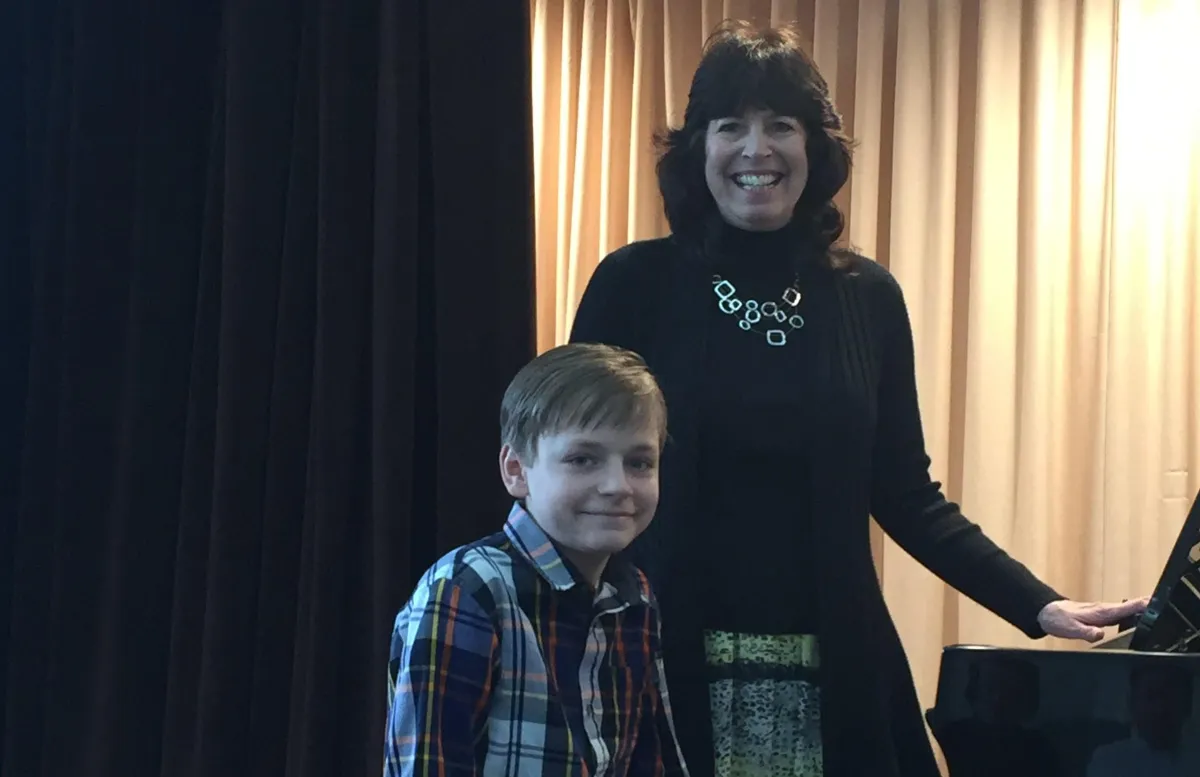
At Branford Music Studio, we are committed to making piano lessons accessible to all students regardless of age. We believe that everyone should have the opportunity to study music, that's why we offer competitive pricing on our instruction. Our flexible scheduling options also allow students to learn at their own pace and budget. We want to ensure that financial constraints do not prevent anyone from reaching their musical aspirations.
Our studio is dedicated to fostering a positive and encouraging learning atmosphere, where students can feel at ease and self-assured as they learn to play the piano. Get in touch with us today to find out more about our rates and scheduling options.
Performance of Students
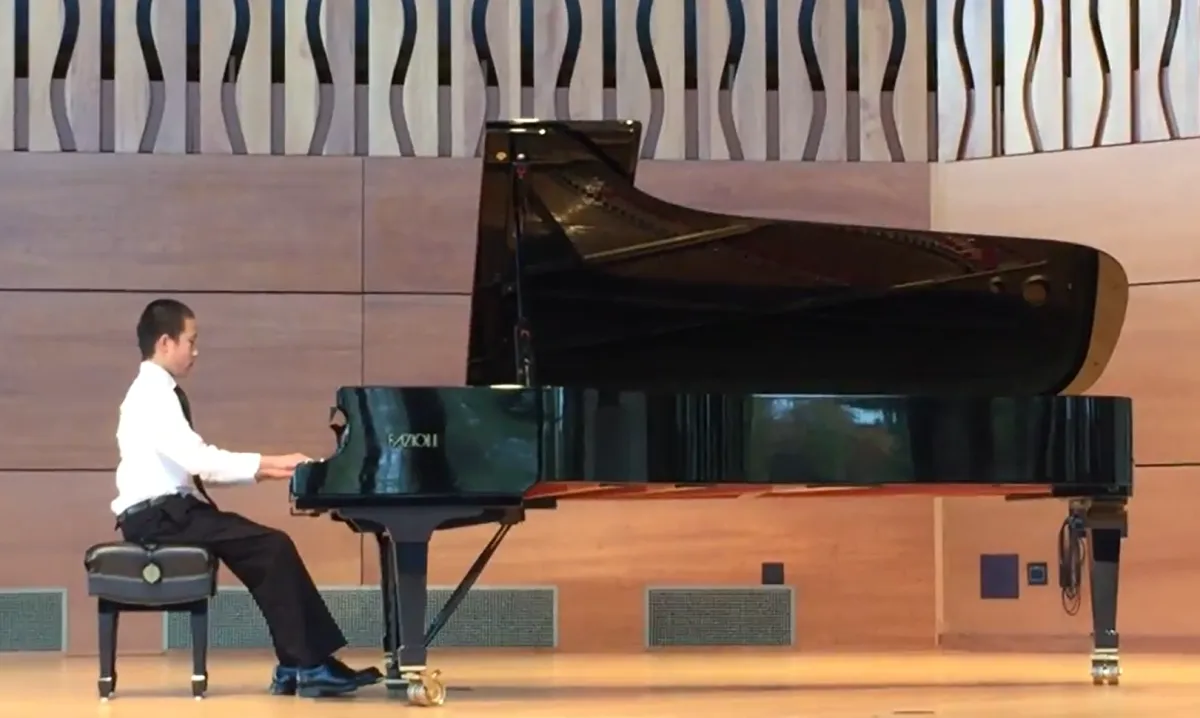
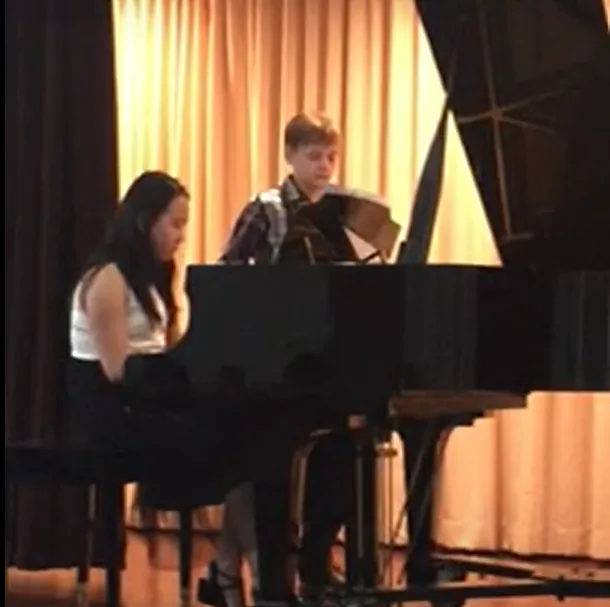
Performance of Students


Our Process For
Music Theory Lessons
Book Your Free Piano Lesson
Congratulations on making the first move towards becoming an accomplished pianist! The next step is to schedule your complimentary piano lesson on our website calendar by clicking the reservation button and selecting a suitable time.
We update our calendar regularly with available slots, so you have many options to pick from. Don't wait, book your lesson today and begin your journey to piano proficiency!
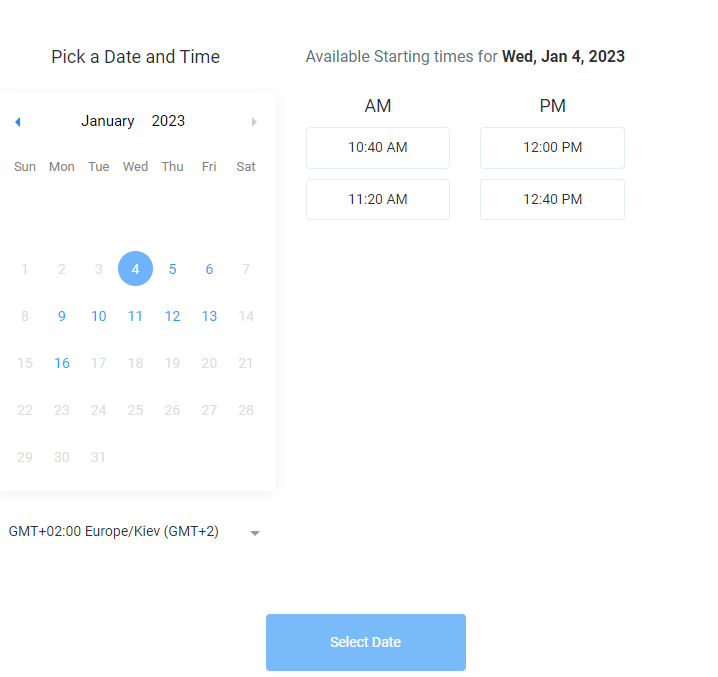

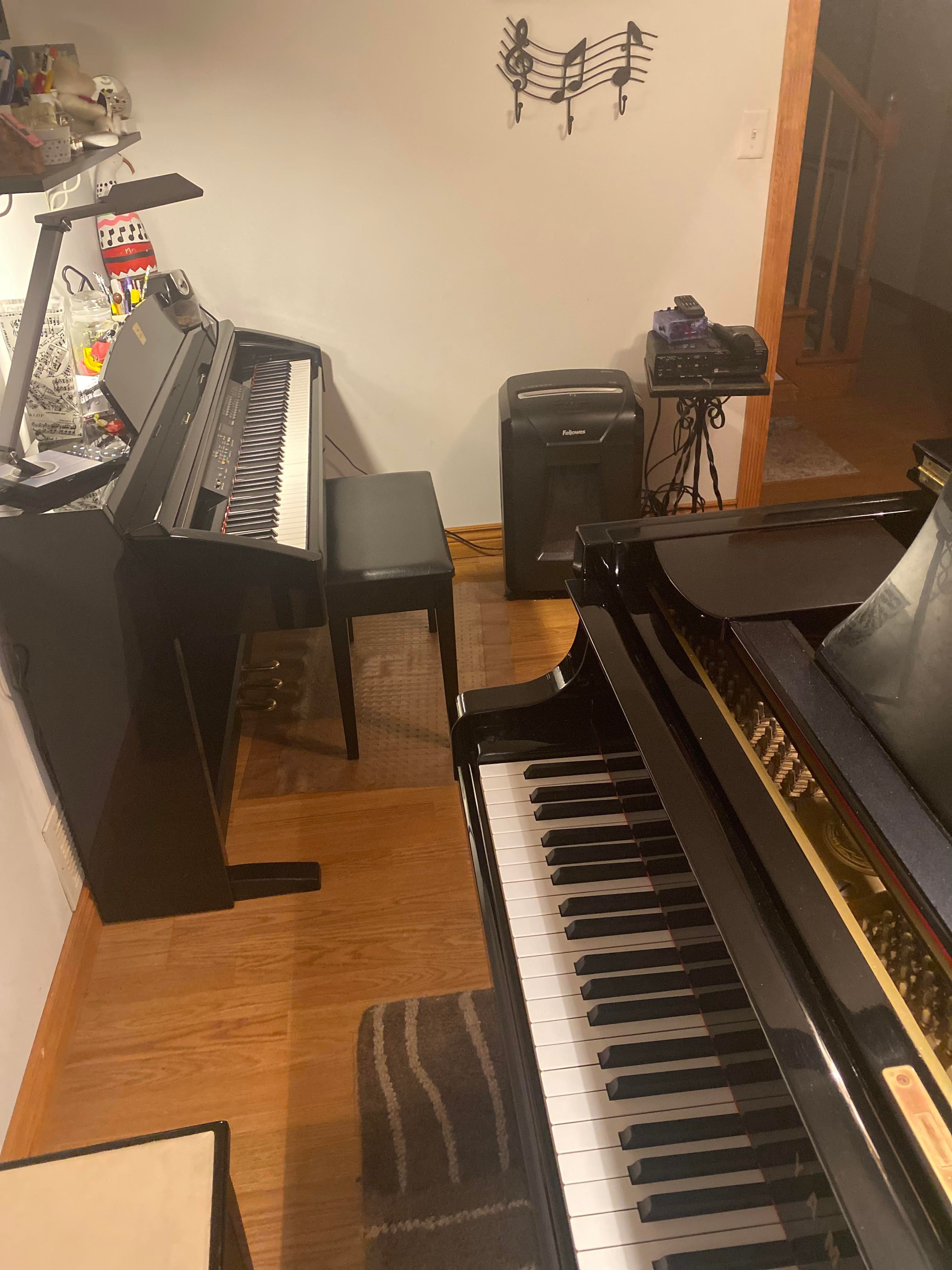
Experience our studio in person by visiting us in Branford, Connecticut.
Now that you have scheduled your free piano lesson, it's time to come to our Branford studio for your class. Please make sure to arrive on time as our schedule is tight and we want you to make the most out of your lesson.
We have arranged for free parking at the studio for your convenience. We look forward to seeing you and helping you improve your piano skills at Branford Music Studio!

Experience an amazing breakthrough in your piano skills at Branford Music Studio!
We are excited for you to join us at Branford Music Studio for your piano class with our skilled instructor, Linda Biggs. With her guidance, you will have a fun and enjoyable learning experience. You will be playing music in no time.
Linda is highly qualified, and we are confident that she will help you achieve your musical goals. We look forward to seeing your progress in your piano journey and seeing you soon!
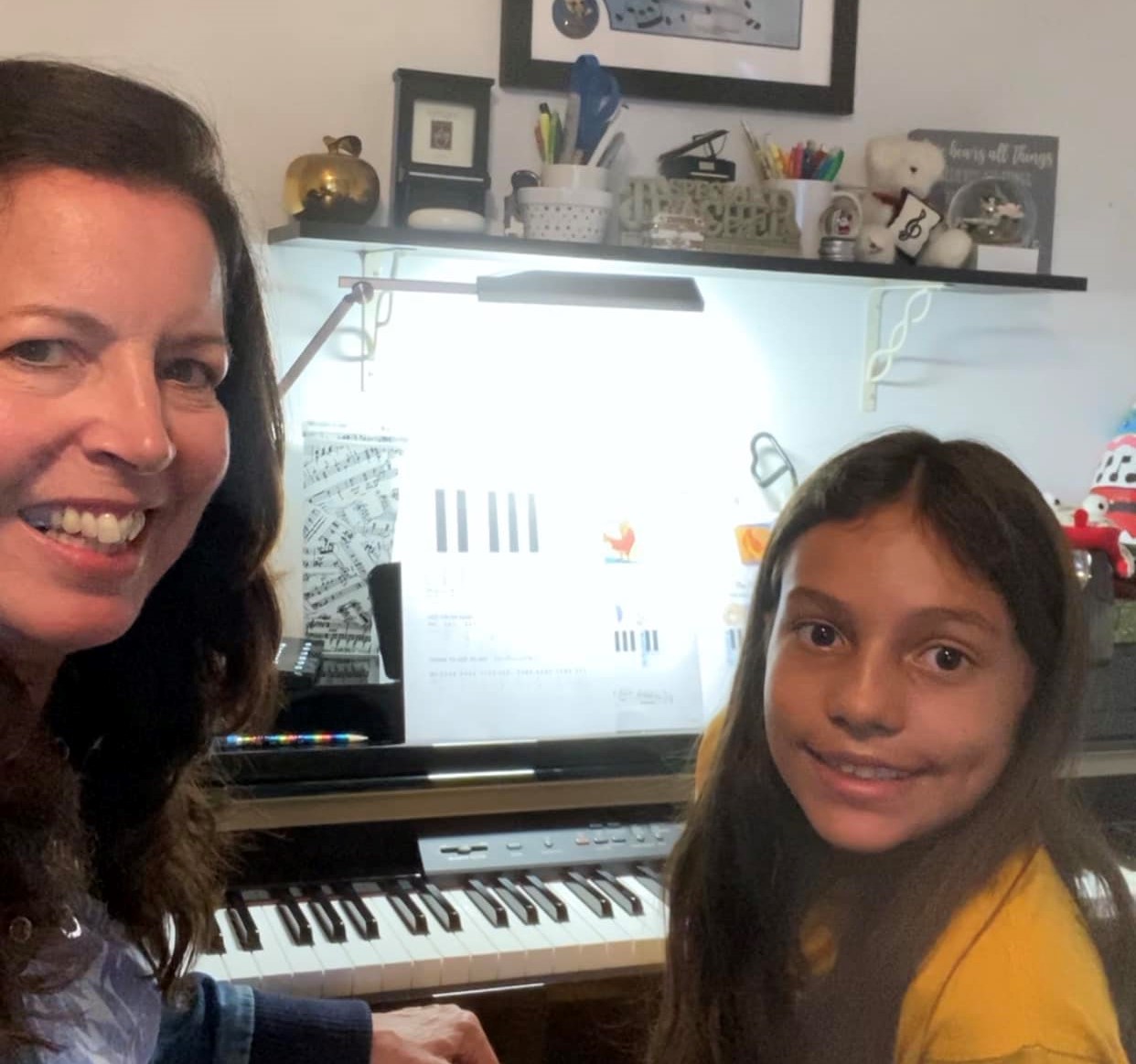
Our Process For
Music Theory Lessons
Book Your Free Piano Lesson

Congratulations on making the first move towards becoming an accomplished pianist! The next step is to schedule your complimentary piano lesson on our website calendar by clicking the reservation button and selecting a suitable time.
We update our calendar regularly with available slots, so you have many options to pick from. Don't wait, book your lesson today and begin your journey to piano proficiency!

Experience our studio in person by visiting us in Branford, Connecticut.

Now that you have scheduled your free piano lesson, it's time to come to our Branford studio for your class. Please make sure to arrive on time as our schedule is tight and we want you to make the most out of your lesson.
We have arranged for free parking at the studio for your convenience. We look forward to seeing you and helping you improve your piano skills at Branford Music Studio!

Experience an amazing breakthrough in your piano skills at Branford Music Studio!

We are excited for you to join us at Branford Music Studio for your piano class with our skilled instructor, Linda Biggs. With her guidance, you will have a fun and enjoyable learning experience. You will be playing music in no time.
Linda is highly qualified, and we are confident that she will help you achieve your musical goals. We look forward to seeing your progress in your piano journey and seeing you soon!
Things to Know About
Music Theory
There is no age limit for starting piano lessons, anyone can begin learning piano at any point in their life.
The age at which to begin piano lessons can vary as each child develops at their own pace. Typically, it is recommended that children start piano lessons around the age of 5 or 6 when they have developed the necessary dexterity and attention span.
However, a child's eagerness and interest in learning should also be taken into consideration. If a child is excited about learning and can maintain focus during practice, they may be ready to start piano lessons at an earlier age.
Knowing how to read sheet music is not a requirement for playing the piano, there are alternative techniques for learning and excelling at the instrument.
Being able to read sheet music can be beneficial for pianists, but it is not a prerequisite for learning the piano. Some students may prefer to learn by ear or through the use of chord charts and other materials that don't involve sheet music reading.
However, sheet music reading can enhance a student's understanding of music and expand the number of pieces they can play. Many piano teachers often include sheet music reading instruction with other piano skills, and it can be gradually developed as the student progresses.
The duration of time it takes to master playing the piano can differ for every person.
The time required to learn piano can vary from individual to individual. Some may grasp the fundamentals, such as posture and hand positioning, relatively quickly, while others may require more time to get comfortable. With consistent practice and good instruction, anyone can develop their piano playing skills over time. It may take some time to learn more challenging songs, but with dedication and practice, progress can be achieved.
To achieve mastery in playing piano, it is vital to establish a regular practice schedule and create an conducive learning environment at home.
When parents are contemplating piano lessons for their children, it's crucial to ensure that the child is eager to learn and motivated. Finding a skilled and qualified piano teacher who can customize the lessons to the child's individual needs and learning style is also crucial. In addition, having a consistent practice schedule and fostering a supportive and positive learning environment at home are essential for success.
Piano lessons teach proper posture, finger exercises, scales, chords, and sheet music interpretation.
Piano lessons offer a comprehensive set of technical and theoretical skills necessary for excelling in playing piano, such as proper posture and hand positioning, finger exercises, scales, arpeggios, chord progressions, and sheet music interpretation.
By practicing pieces, students will also enhance their performance skills, musical expression, and composition interpretation. The curriculum may also include aspects of music theory, ear training, and sight-reading to enhance musical understanding and knowledge. The student's level, goals, and interests will shape the focus and pace of the lessons.
Inborn musical talent is not required to play piano.
Natural musical talent is not a requirement for learning piano, as it can be learned through persistence and dedication. A skilled piano instructor can guide and support you in developing your skills, regardless of your starting point
Things to Know About Music Theory
There is no age restriction for starting piano lessons, anyone can begin learning piano at any point in their life.
The age at which to begin piano lessons can vary as each child develops at their own pace. Typically, it is recommended that children start piano lessons around the age of 5 or 6 when they have developed the necessary dexterity and attention span.
However, a child's eagerness and interest in learning should also be taken into consideration. If a child is excited about learning and can maintain focus during practice, they may be ready to start piano lessons at an earlier age.
Knowing how to read sheet music is not a requirement for playing the piano, there are alternative techniques for learning and excelling at the instrument.
Being able to read sheet music can be beneficial for pianists, but it is not a prerequisite for learning the piano. Some students may prefer to learn by ear or through the use of chord charts and other materials that don't involve sheet music reading.
However, sheet music reading can enhance a student's understanding of music and expand the number of pieces they can play. Many piano teachers often include sheet music reading instruction with other piano skills, and it can be gradually developed as the student progresses.
The duration of time it takes to master playing the piano can differ for every person.
The time required to learn piano can vary from individual to individual. Some may grasp the fundamentals, such as posture and hand positioning, relatively quickly, while others may require more time to get comfortable. With consistent practice and good instruction, anyone can develop their piano playing skills over time. It may take some time to learn more challenging songs, but with dedication and practice, progress can be achieved.
To achieve mastery in playing piano, it is vital to establish a regular practice schedule and create an conducive learning environment at home.
When parents are contemplating piano lessons for their children, it's crucial to ensure that the child is eager to learn and motivated. Finding a skilled and qualified piano teacher who can customize the lessons to the child's individual needs and learning style is also crucial. In addition, having a consistent practice schedule and fostering a supportive and positive learning environment at home are essential for success.
Piano lessons teach proper posture, finger exercises, scales, chords, and sheet music interpretation.
Piano lessons offer a comprehensive set of technical and theoretical skills necessary for excelling in playing piano, such as proper posture and hand positioning, finger exercises, scales, arpeggios, chord progressions, and sheet music interpretation.
By practicing pieces, students will also enhance their performance skills, musical expression, and composition interpretation. The curriculum may also include aspects of music theory, ear training, and sight-reading to enhance musical understanding and knowledge. The student's level, goals, and interests will shape the focus and pace of the lessons.
Inborn musical talent is not required to play piano.
Natural musical talent is not a requirement for learning piano, as it can be learned through persistence and dedication. A skilled piano instructor can guide and support you in developing your skills, regardless of your starting point
